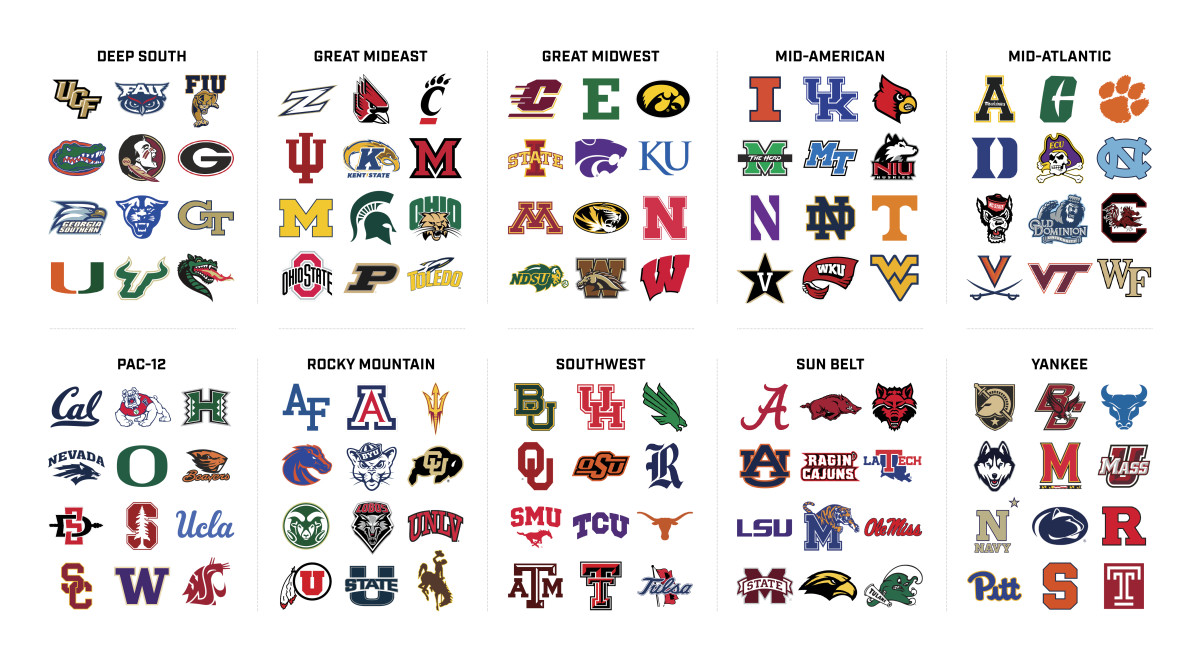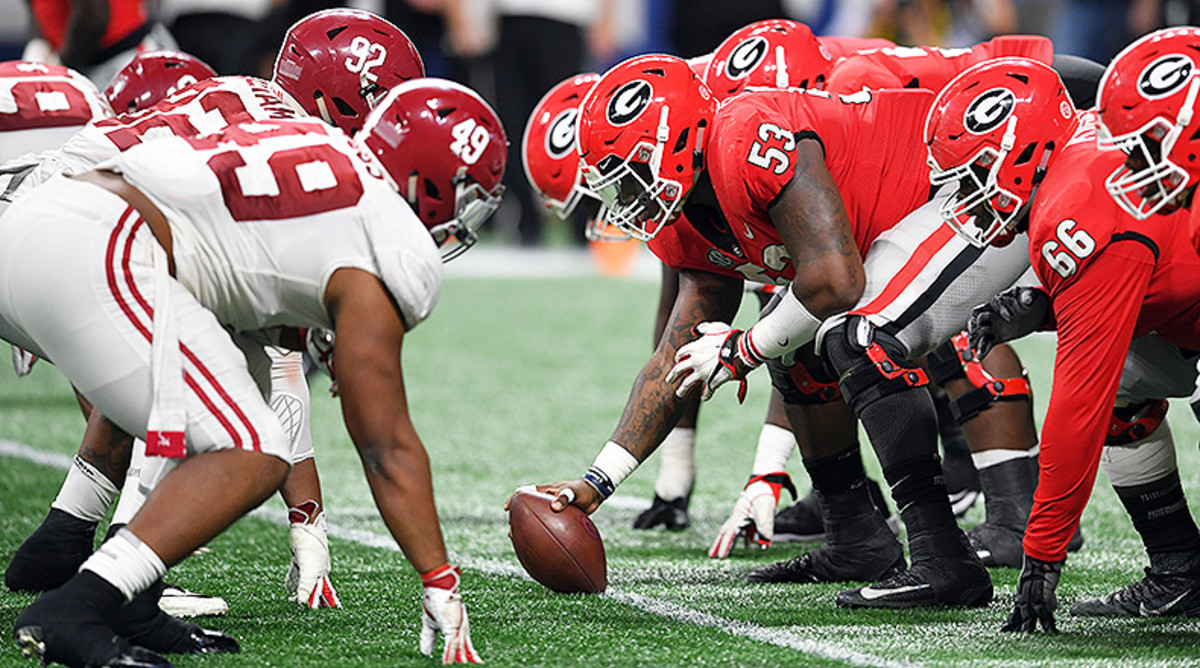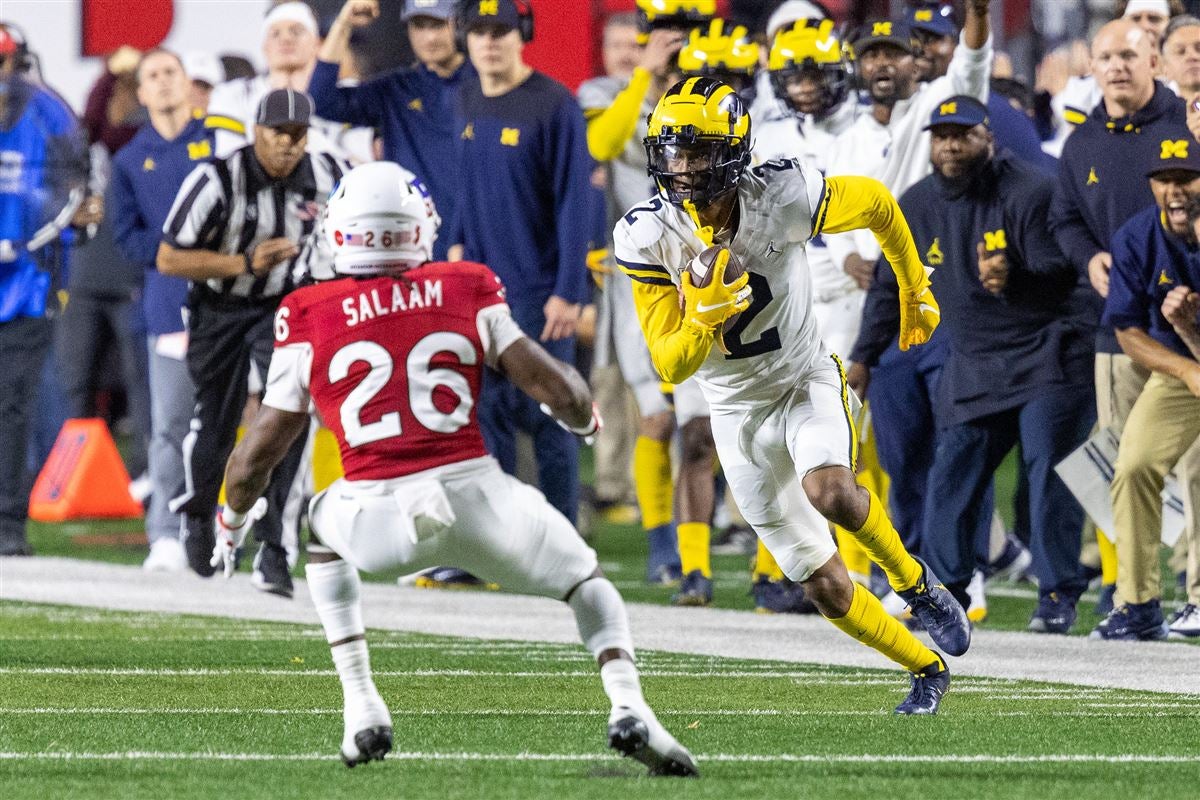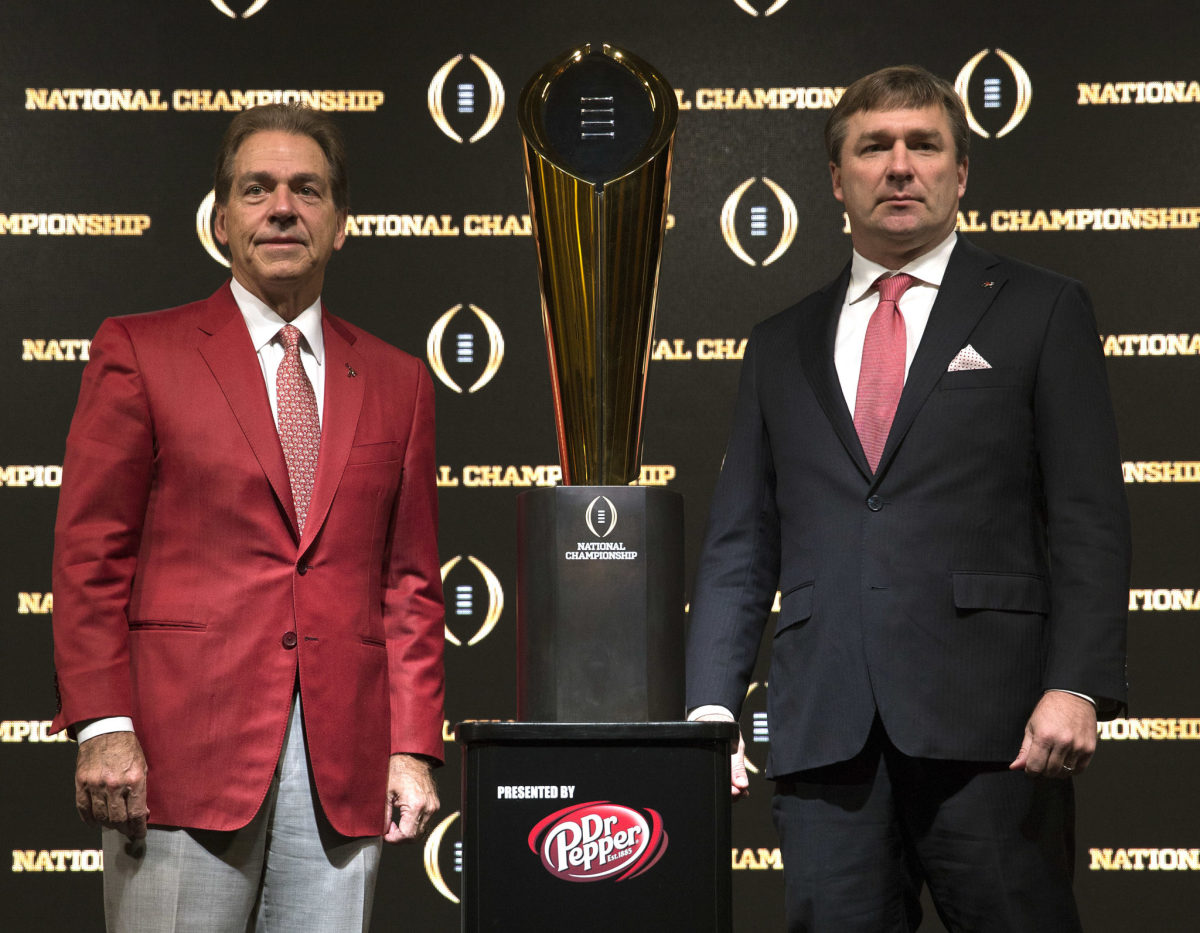The Future of College Football: Is a Super League on the Horizon?

Innovative ideas are swirling around the college football landscape. A proposal for a total overhaul of the system, a "Super League," is being pushed by a group called College Sports Tomorrow. This group aims to transform the current college football structure, eliminating conferences and shifting the focus to on-field performance for playoff berths.
The plan includes promotion and relegation for smaller schools, direct player payments, and managing issues like NIL and the transfer portal. The proponents of this Super League believe that the traditional model of college athletics governance is no longer sustainable and must evolve.
A group of influential leaders, including college presidents, NFL executives, and sports industry professionals, are spearheading this initiative. They envision a system where the top 70 programs, along with Notre Dame and new ACC member SMU, would be permanent members, while other FBS universities could compete for promotion into the upper tier.
The proposed playoff format would involve eight division winners and eight wild card teams from the top tier, without the need for a selection committee. Drawing inspiration from leagues like the NFL, Premier League, and MLS, the Super League proponents believe their system would bring more television value and sustainability to college football.
However, the group is facing hurdles in gaining approval from existing conferences and broadcast partners. Major TV deals with networks like ESPN, Fox, NBC, and CBS pose a challenge to the implementation of the Super League. Existing partnerships and financial commitments must be navigated before any significant changes can take place.
CST aims to create a revenue-sharing model, similar to MLS, where universities would own a percentage of the league. Revenue distribution would favor top brands like Alabama and Notre Dame, while negotiations for TV deals would be conducted collectively to maximize value and create more sensible broadcast windows.
Central to the Super League proposal is the idea of collective bargaining with a union representing players on issues like NIL, transfer portal, and salary rules. This approach could potentially sidestep legal challenges related to NCAA regulations and antitrust issues, providing a more stable and athlete-oriented framework.
Despite skepticism and resistance from various stakeholders, CST remains determined to push forward with their vision for the future of college football. They believe that a sense of urgency is required to address the pressing issues facing the sport and ensure its long-term sustainability.
The landscape of college sports is shifting, and innovative solutions like the Super League proposal are indicative of the changing times. Whether this vision becomes a reality or not, the conversation around the future of college football is evolving, with various stakeholders vying for a seat at the table.
Change is on the horizon, and the traditional model of college athletics may soon be a thing of the past. The Super League proponents are adamant about their mission to revolutionize college football and pave the way for a more equitable, sustainable, and athlete-centric future.



